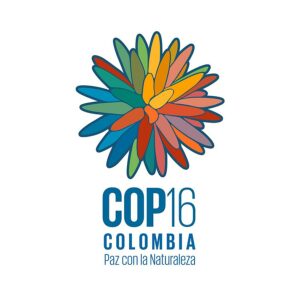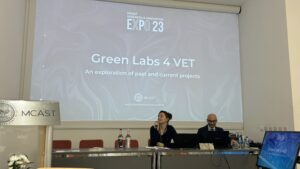As the world grapples with the urgent need for sustainable development, vocational education providers face the critical task of updating their curricula to integrate green skills and principles. However, this transition is not without its challenges. In this article, we will explore the major obstacles vocational education providers encounter when greening their courses and propose recommendations for overcoming these challenges to ensure effective curriculum updates.
- Lack of Awareness and Understanding
Many vocational education providers lack awareness of the importance of green skills and sustainability principles. Educators may not fully understand the concept of green skills or how to integrate them into existing curricula. This lack of awareness hinders efforts to update courses to reflect the changing needs of the workforce and industry.
- Resource Constraints
Limited resources, both financial and human, pose significant challenges to updating vocational education curricula. Developing new course materials, training educators, and implementing changes require investment, which may not always be readily available. Additionally, vocational education providers may lack access to relevant teaching materials, equipment, and infrastructure necessary for teaching green skills effectively.
- Resistance to Change
Resistance to change among educators, administrators, and stakeholders can impede efforts to green vocational education curricula.
Some may perceive updates as disruptive or unnecessary, while others may resist due to a lack of understanding or fear of increased workload. Overcoming
resistance and fostering buy-in for curriculum updates is essential for successful implementation. 4. Curriculum Rigidity Vocational education curricula often suffer from
rigidity, making it challenging to incorporate new content or adapt to emerging trends. Bureaucratic processes, accreditation requirements, and standardized
assessments may limit flexibility, hindering the integration of green skills and sustainability concepts into existing programs. Recommendations for Improvement Raise
- Awareness and Build Capacity
Vocational education providers should prioritize raising awareness of the importance of green skills and sustainability principles among educators, administrators, and
stakeholders. This can be achieved through professional development workshops, training sessions, and educational campaigns aimed at building capacity an fostering a culture of sustainability within institutions.
- Invest in Resources and Infrastructure
Governments, employers, and other stakeholders should invest in resources and infrastructure to support the greening of vocational education curricula. This includes
funding for the development of green skills training programs, provision of teaching materials and equipment, and establishment of partnerships with industry to ensure relevance and applicability of training.
- Promote Collaboration and Partnerships
Collaboration between vocational education providers, industry partners, government agencies, and civil society organizations is essential for successful curriculum updates. By leveraging the expertise and resources of multiple stakeholders, vocational education providers can ensure that curriculum updates reflect industry needs, incorporate best practices, and facilitate smooth implementation.
- Foster a Culture of Innovation and Flexibility
Vocational education providers should embrace a culture of innovation and flexibility to adapt to changing needs and trends. This may involve revising bureaucratic
processes, streamlining accreditation requirements, and promoting experimentation with new teaching methods and technologies. Embracing a growth mindset and a willingness to learn from failures is key to driving continuous improvement.
- Empower Educators and Engage Stakeholders
Educators play a crucial role in updating vocational education curricula. Empowering educators through professional development opportunities, support networks, and recognition of their efforts can help foster enthusiasm and commitment to curriculum updates. Additionally, engaging stakeholders, including employers, industry associations, and community organizations, in the curriculum development
process ensures relevance and alignment with real-world needs.
Updating vocational education curricula to integrate green skills and sustainability principles is essential for preparing individuals for the jobs of the future
and advancing sustainable development goals. By addressing challenges such as lack of awareness, resource constraints, resistance to change, and curriculum rigidity, vocational education providers can effectively green their courses and equip learners with the knowledge, skills, and attitudes needed to thrive in a rapidly changing world. Through collaborative efforts and a commitment to innovation and flexibility, we can ensure that vocational education remains relevant, responsive, and sustainable for generations to come.



